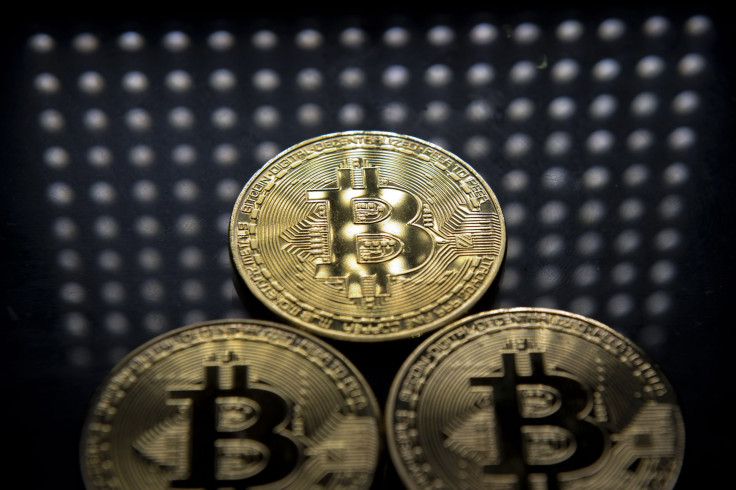Bitcoin Cash Hard Fork Dispute Costing Miners Millions In Revenue, Research Finds

The bitcoin cash network upgrade that happened Thursday has resulted in what some people call a "civil war" between the Jihan Wu (co-founder of Bitmain) and Roger Ver (CEO of Bitcoin.com) on one side, and Craig Wright (who claims to be bitcoin creator Satoshi Nakamoto) on the other. This war has cost bitcoin cash miners losses of as much as $6.1 million in gross revenue since, according to research conducted by cryptocurrency exchange BitMex.
Data from the research was posted on Twitter on Monday and showed that the power consumption of the mining machines currently involved in the war between the two bitcoin cash forks (bitcoin cash ABC and bitcoin cash SV) has cost over $4.4 million collectively in the less than five days since the split, at a rate of approximately $880,000 a day.
Hash war estimated costs live update
— BitMEX Research (@BitMEXResearch) November 19, 2018
Combined totals:
* Estimated leasing fees: $8.1m
* Combined gross losses: $6.1m
Even assuming cheap energy costs, SV miners have a negative gross margin of 353% & $1.4m of gross losses. @CalvinAyre @ProfFaustus cant keep this up forever. pic.twitter.com/CdTQm0vVf4
The figure assumed that everyone renting hash (hash rate is the speed at which a computer is completing an operation, it is used in mining to find the next block in a blockchain for a reward in the form of a cryptocurrency token, in this case, bitcoin cash) was actually finding blocks, or that most or all of the hash being used to win blocks in the blockchains was rented (because the mining hardware used to generate the hashes was rented, or so the assumption goes) by the people promoting the mining of the two bitcoin cash forks. This might actually not be the case, as plenty of miners own their hardware and choose to mine on bitcoin cash blockchains for various reasons. Hardware expenses which are used for mining are as important as the cost of electricity, as the returns on investment on these machines sometimes take several months to obtain.
Cryptographer and a researcher in digital contracts, Nick Szabo, commented on the situation to point out the opportunity cost of the "hash wars." He also pointed out that the practice is common in traditional finance but unlike the government-controlled institutions, an unregulated market like cryptocurrencies is ruled by sentiments and manipulation. So the more ABC and SV play their war, the greater impact we see on prices.
Motivations are often stronger than incentives. Many will pay big for more expected future control over other peoples' money. Even more wasteful struggles for control exist at much larger scales in digitally centralized (mistakenly called "traditional") financial operations. https://t.co/UAUmfLi0BP
— Nick Szabo (@NickSzabo4) November 18, 2018
The bitcoin cash network upgrade resulted in bitcoin cash blockchain to split into two — bitcoin cash ABC and bitcoin cash SV. This process is called a hard fork and it occurs when a blockchain software updates and becomes incompatible with its previous version. Bitcoin cash ABC (BCHABC) — the older version of Bitcoin cash — is promoted and backed by Ver and Wu, while bitcoin cash SV — the newer version — is led by Wright and billionaire Calvin Ayre who put forth a competing software version BSV (bitcoin Satoshi's vision).
The "civil war" started when the BSV group attempted to use its superior hash power to launch a hostile takeover of the bitcoin cash protocol and restore it to what it believes was Satoshi Nakamoto’s original vision for bitcoin. This group controlled approximately 75 percent of the network’s hash rate heading into the fork and claimed it would use this excess computing power to attack the other bitcoin cash chain (BCHABC), and to obliterate it into nothing.
Once the hard fork got activated, however, BSV quickly lost its advantage and no longer had the majority hash rate. BCHABC placed itself as the majority blockchain, while Wright’s boasts on Twitter — the promised SV-led attack — never materialized. Wright also alleged BCH advocates were engaged in market manipulation. BSV defenders further warned that the so-called “hash war” was a marathon, not a sprint.
© Copyright IBTimes 2024. All rights reserved.




















